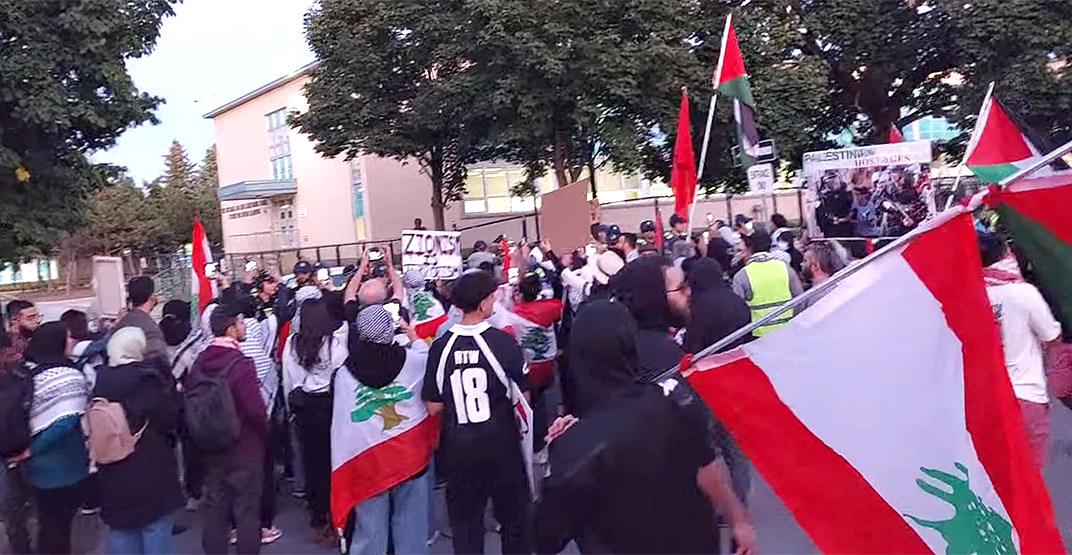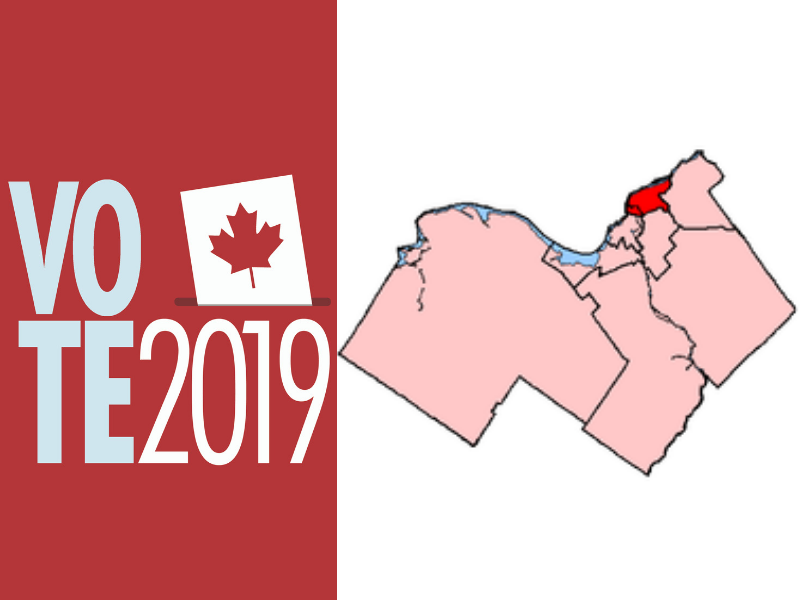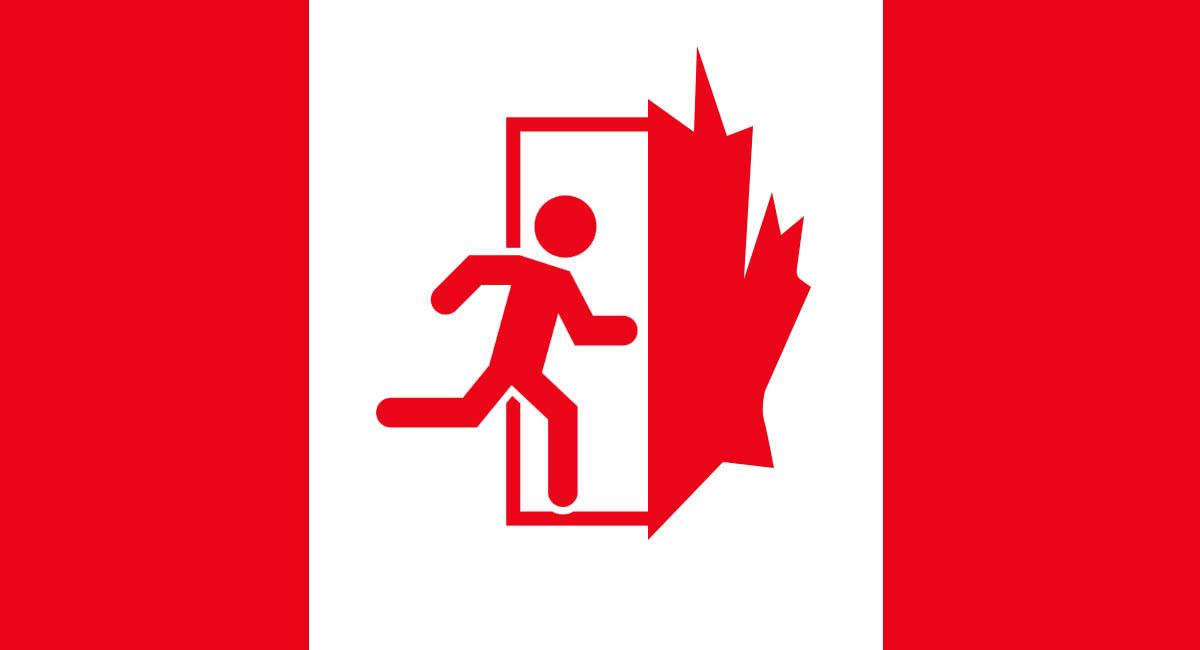
Ottawa’s Bubble Bylaw: Choosing Safety and Protecting Democracy
This week, Ottawa City Council begins a critical debate that could shape the way our city balances free expression with public safety. A motion led by Barrhaven West Councillor David Hill—supported by Councillor Allan Hubley and Mayor Mark Sutcliffe—would begin the process of introducing a “bubble zone” bylaw, officially titled the Vulnerable Social Infrastructure By-law. This proposed legislation is meant to protect community spaces such as schools, daycares, religious institutions, nursing homes, and hospitals from aggressive protests and harassment.
This discussion follows a motion passed by Council in October 2024, which granted city staff the authority to study the feasibility of such a bylaw.
Let’s be clear: the Bubble Bylaw is not about silencing dissent or banning protest. It’s about putting reasonable limits in place to ensure that our most vulnerable residents—children, seniors, patients, and worshippers—can go about their daily lives without fear of intimidation.
As Councillor Hill rightly stated, “Those 100 metres may seem small, but they provide the necessary distance to prevent bad actors from harassing people just trying to get through their day-to-day lives free of intimidation.” Hill also emphasized that this is the beginning of a longer legislative process—not the immediate introduction of new restrictions. “If passed, this motion will task staff with reviewing how other municipalities have designed similar legislation,” he explained. “The motion will not be the final decision… but the first part of a longer conversation.”
Hill points to existing legislation in the city of Vaughan as a model. Vaughan’s bylaw defines “vulnerable social infrastructure” as locations frequented by people who are not public figures or decision-makers—places like synagogues, mosques, temples, care homes, community centres, and elementary schools. These are not sites of political power; they are sanctuaries, classrooms, and care spaces.
A Growing Need in the Face of Rising Hate
The urgency for such protections has been underscored by disturbing events in Ottawa over the past year. Outside the Jewish Community Centre (JCC), protesters have shouted antisemitic slurs such as “Go back to Europe,” displayed Hamas slogans, banged drums, and even released smoke bombs. Holocaust survivors were trapped inside, daycare children had to be sent home, and staff feared for their safety.
These are not peaceful expressions of political disagreement. They are acts of intimidation that weaponize protest to silence, frighten, and endanger. And it’s not just Jewish institutions that have been targeted. Sikh temples, LGBTQ+ students at Nepean-area schools, churches, and mosques have all experienced threats or outright harassment.
The proposed bylaw is backed by a wide coalition of community members, including the Jewish Federation of Ottawa, faith leaders, educators, and concerned citizens across ethnic and religious lines. Their message is unified and clear: the right to protest must never supersede the right to safety.
Leadership or Lip Service?
Mayor Mark Sutcliffe has expressed support for beginning the consultation process, but his leadership will be tested in the months ahead. Ottawa cannot afford to waver while vulnerable communities are being targeted. “We have a duty to protect those who cannot protect themselves,” Sutcliffe recently said. “This motion is a responsible step toward ensuring that safety.”
The question now is whether the full City Council will follow through. While councillors like Hill and Hubley have championed the proposal, others, such as Kitchissippi Councillor Jeff Leiper, remain opposed. The community is hoping to sway him toward a neutral position—if not in support, at least to stop lobbying against the motion.
Supporters of the Bylaw are urging residents to contact their councillors, particularly those on the relevant committee, including Riley Brockington, Laura Dudas, Sean Devine, Ariel Troster, Stephanie Plante, and Laine Johnson. The more the Council hears from constituents, the stronger the mandate to protect community spaces.
A Complement, Not a Constraint
Toronto Mayor Olivia Chow supports similar legislation, and Prime Minister Mark Carney has committed to introducing federal protections—but as Councillor Hill pointed out, “We cannot wait for a bill to get passed federally. It may take years; it may never happen.” This municipal bylaw would complement, not conflict with, any future federal law.
Opponents of the bylaw argue it threatens free speech. But Canada’s Charter of Rights and Freedoms already acknowledges that freedom of expression is subject to “reasonable limits.” Preventing protesters from blocking a synagogue or shouting at schoolchildren is not an infringement on civil liberties—it’s a baseline for a functioning, respectful society.
The Bubble Bylaw would not apply to traditional protest sites like City Hall or Parliament Hill. It explicitly excludes labour strikes and demonstrations against government institutions. What it does do is ensure that a 5-year-old can enter a classroom, or an elderly woman can attend Friday prayers, without having to run a gauntlet of hate.
Ottawa Must Lead
Vaughan, Toronto, and Calgary have all acted. The time for Ottawa to lead is now. As the capital of a G7 country, we must hold ourselves to a higher standard—not just in protecting democratic rights, but in ensuring those rights are not weaponized against our own citizens.
The bubble bylaw represents a turning point. It is a test of whether Ottawa’s leaders will stand with vulnerable communities or hide behind a distorted interpretation of free speech. It is not enough to condemn hate—we must legislate against its spread, especially when it targets those least able to defend themselves.
In Hill’s words: “Please, come and protest our decisions at City Hall. We asked for this responsibility; we deserve to feel the pressure when you disagree with our decisions. The family attempting to go to a synagogue or mosque, does not.”
Ottawa Life Magazine stands unequivocally with the communities calling for this bylaw. The City Council must now decide whether it does too.
Header image: Hamas protester in front of Hillel Lodge and the Na’Amat-Ottawa Jewish Tele school in Ottawa’s west end.








